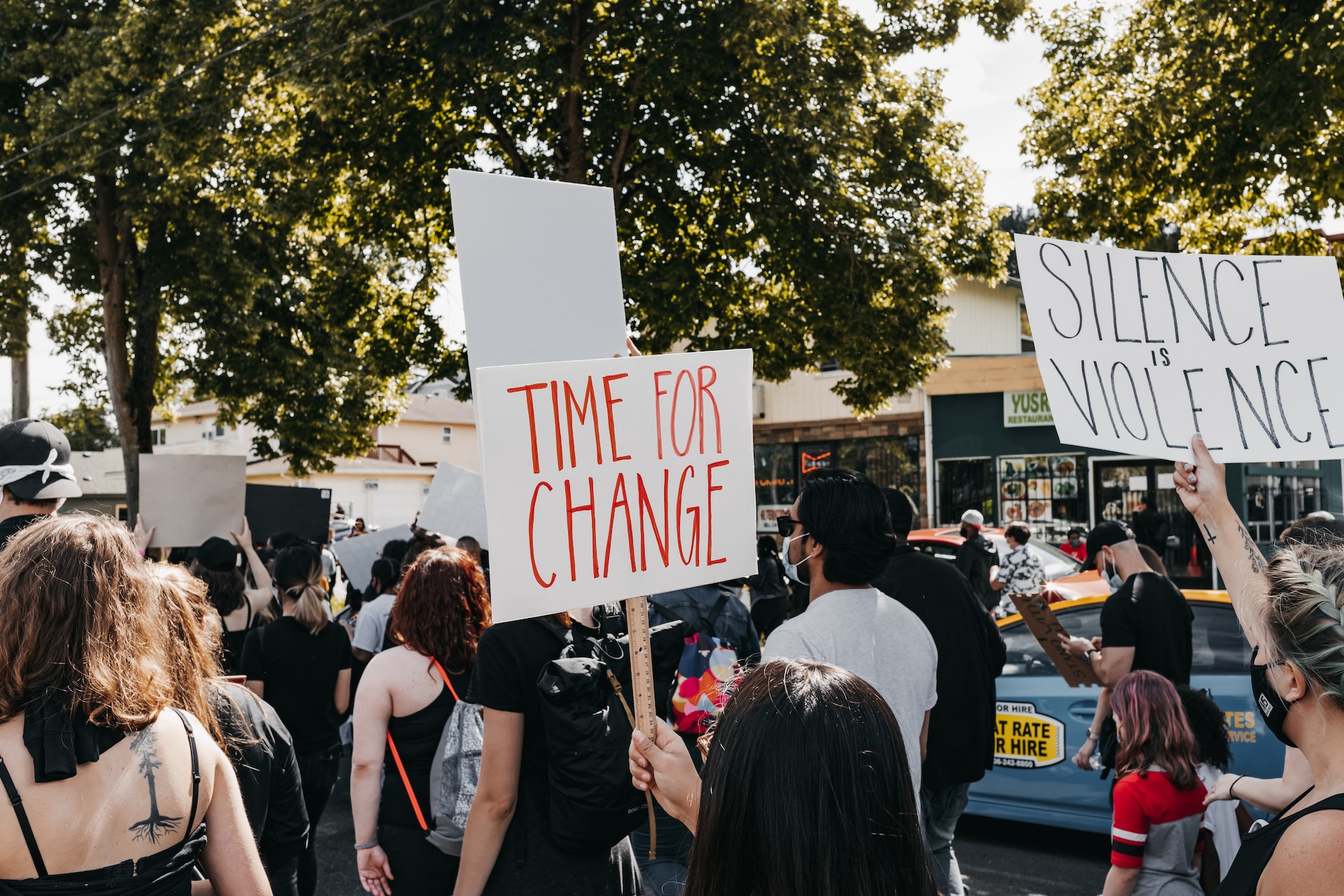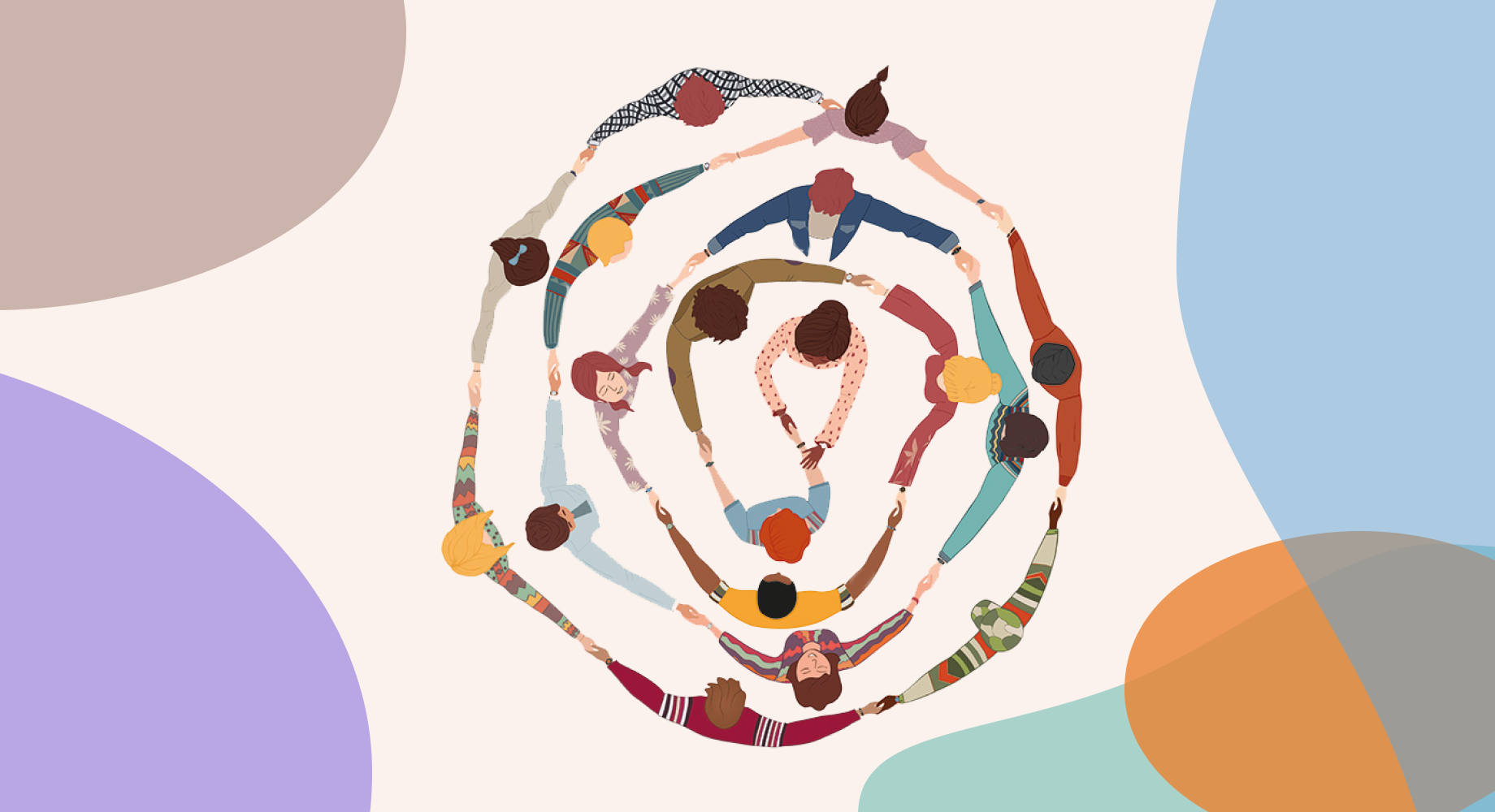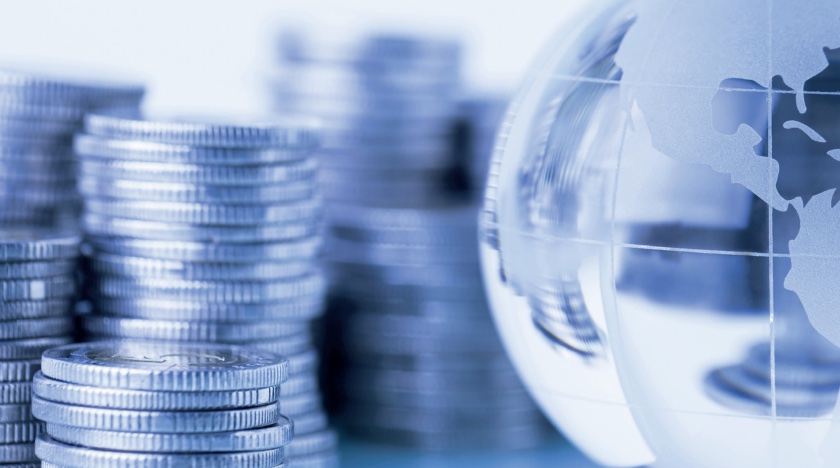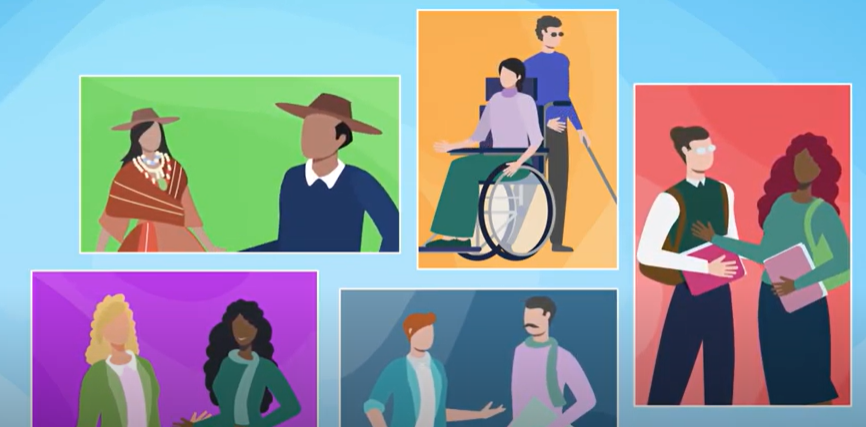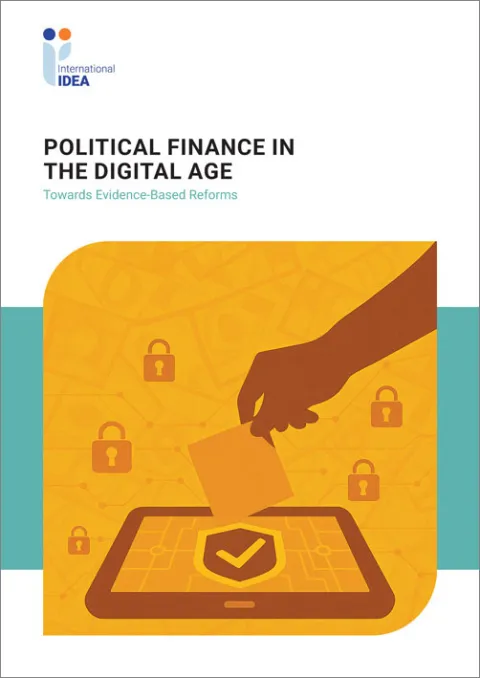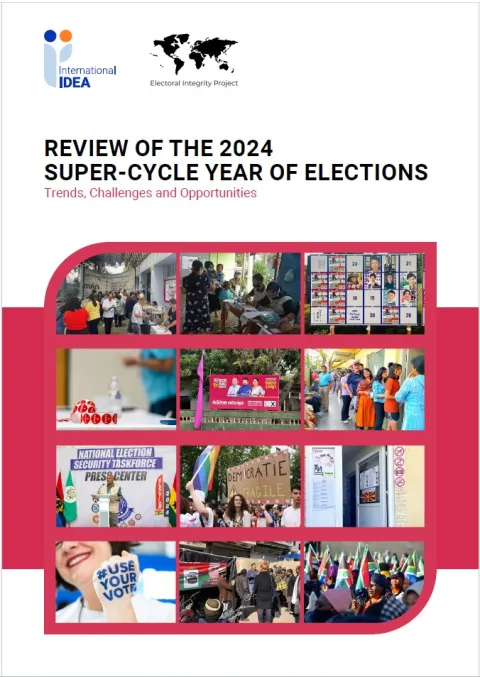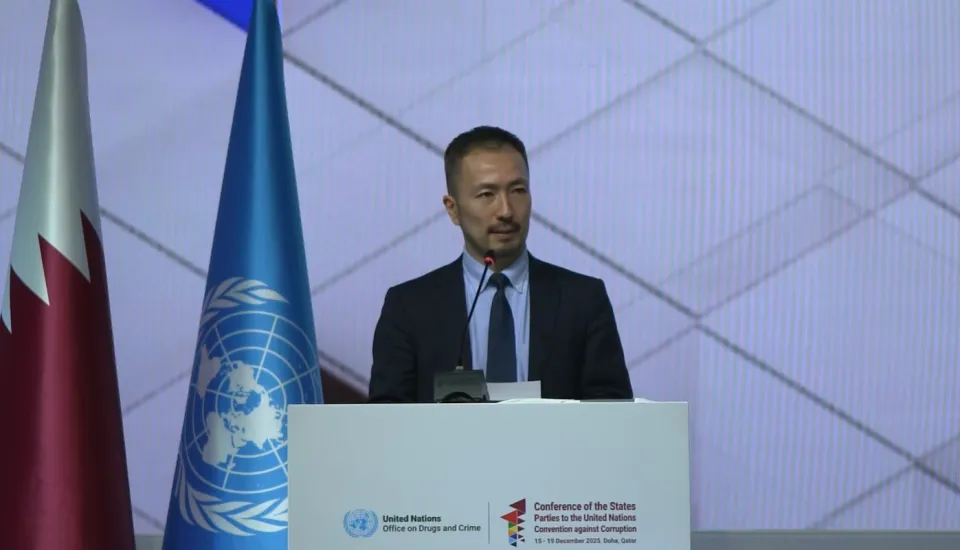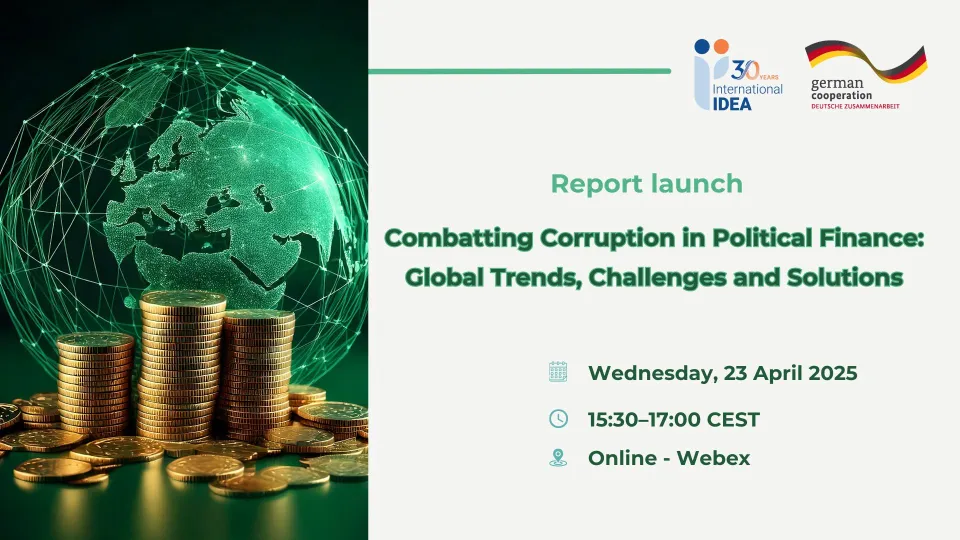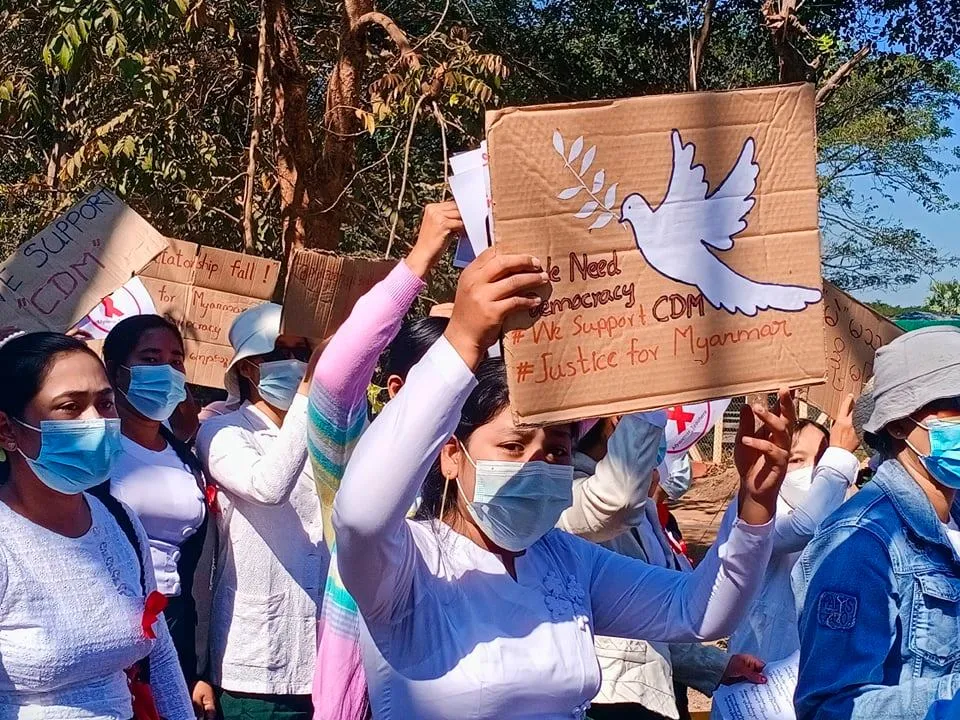Reforming Political Finance for More Diversity in Political Office
Systemic and legal barriers to equal political participation persist at all levels and take different forms, including unfavourable electoral systems, lack of support from political parties, socio-economic, and cultural.
Women, people with disabilities, indigenous people, LGBT+ individuals, and young people face all of these barriers, particularly insufficient access to political finance. Campaigning has become an expensive affair, and political aspirants and candidates from these groups find it challenging to secure the substantial sums of money usually required to run a campaign and win an election. In order to address these barriers and level the playing field, several targeted political finance measures have been designed and adopted by some governments, political parties, and private initiatives, although they vary in their target and effectiveness.
This paper explores the challenges facing different groups in accessing political finance and it provides a set of recommendations to ensure that the quest for more accessible political finance includes consideration of other important aspects that are indispensable to more inclusive and representative politics.
Details
Staff authors
Related databases & tools
Contents
Executive Summary
1. Introduction
2. Political finance as a catalyst to promote inclusive politics
3. Success factors for effective targeted political finance measures
4. Conclusion
5. Policy recommendations
Endnotes
Bibliography
Give us feedback
Do you have a question or feedback about this publication? Leave us your feedback, and we’ll get back to you
Send feedbackReforming Political Finance for More Diversity in Political Office

| Total views | 6186 |
|---|---|
| Downloads | 156 |
| Rating |
Staff authors
Related databases & tools
Give us feedback
Do you have a question or feedback about this publication? Leave us your feedback, and we’ll get back to you
Send feedback